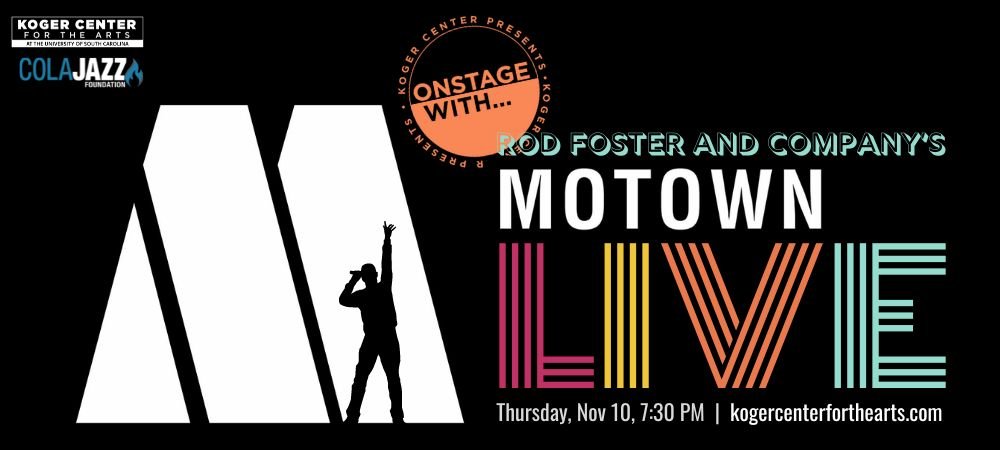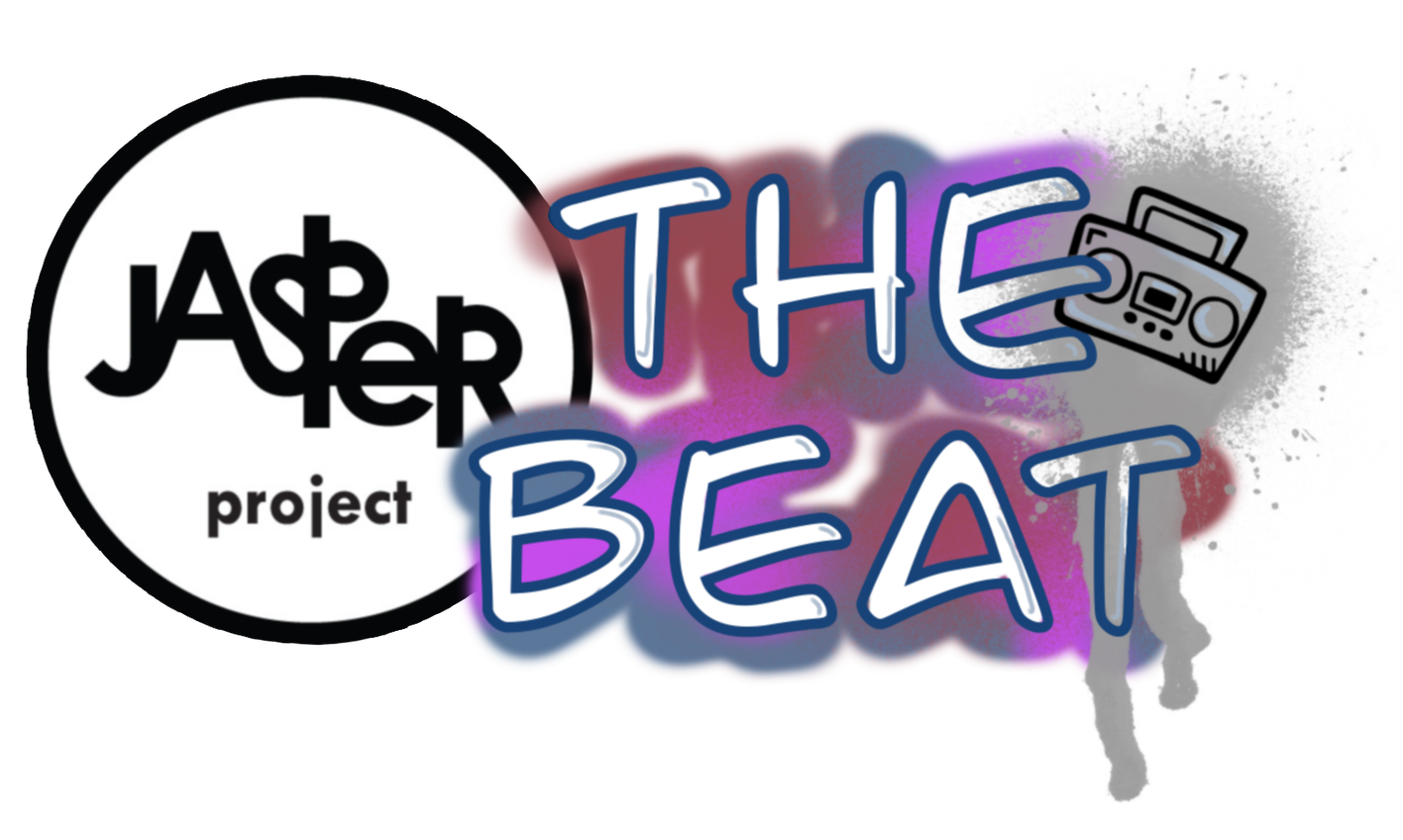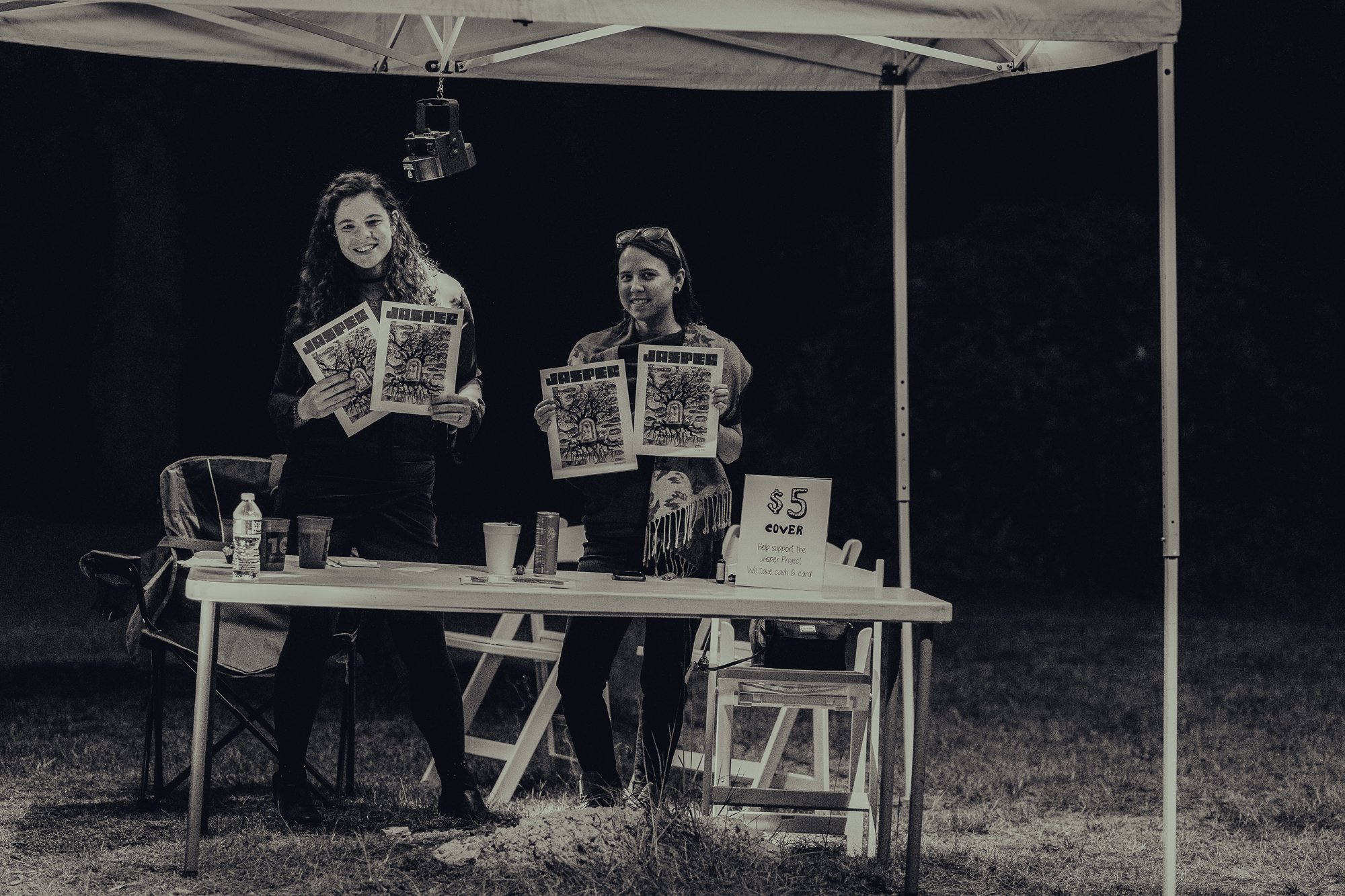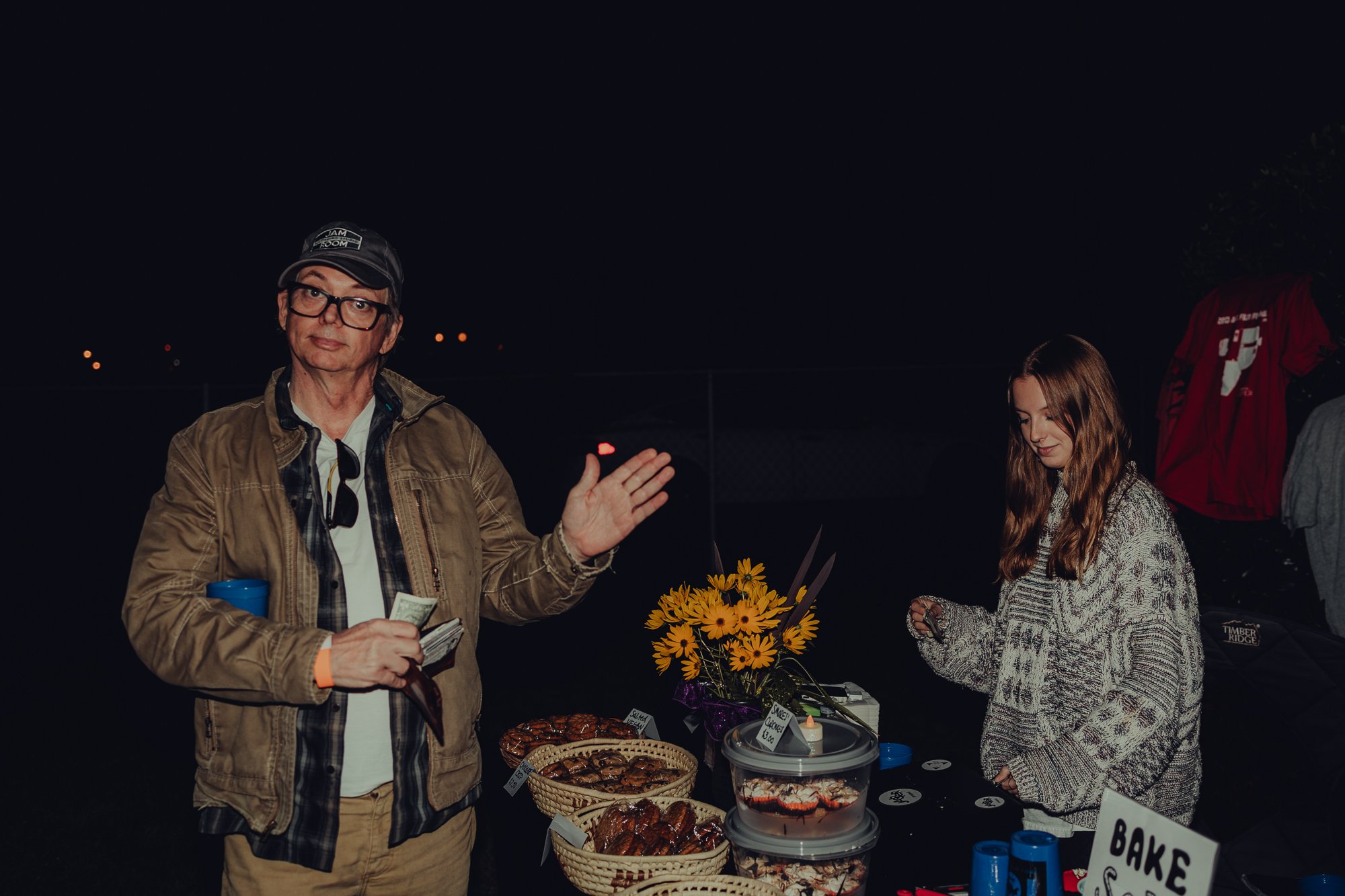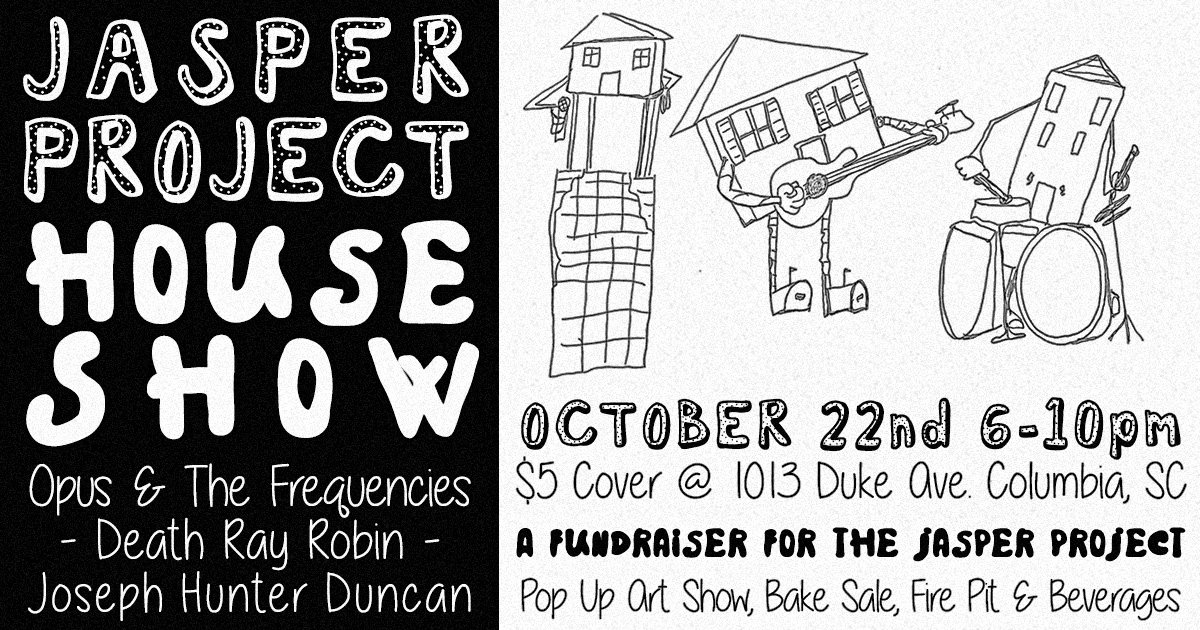Black Nerd Mafia was born out of frustration– frustration with stereotypes and people’s ignorance about Black people. Choosing to not be named or be the focus of this article, the creator and founder desired to showcase the diversity within the Black community and provide a place for those who don’t fit in society’s boxes– a safe and inviting space for independent Black artists and fans. Originally started as a Facebook group in 2014 for Black people tired of being typecast, Black Nerd Mafia has grown into so much more.
JASPER: Best dad joke you've heard?
BNM: A dyslexic man walks into a bra.
JASPER: So, the Facebook group was the original manifestation of it, but how did Black Nerd Mafia come to be what it is today?
BNM: I always pushed entrepreneurship on my sons and then one day in 2021 I’m talking to my son and I’m pressing upon him to be an entrepreneur and he very frankly just asked me, “Well, you always tell us to own our own business, why don't you own your own?” He said it just like that, and I said, son, you're right. The next day we went and did the LLC paperwork and that's how Black Nerd Mafia came to be.
JASPER: You do lots of things today: you have merch, you organize shows, poetry readings, and trivia just to name a few. Where did you start?
BNM: The first year it was completely different than what it looks like now. We were doing website building for people, we were doing interviews, we were doing photography, videography – doing just a lot of things that I knew how to do and pretty much anything that I knew how to do to try to make it a business.
It really didn't start becoming what you see it as now until about a year ago. In 2021 we had our first shows in November after I met Greg at Curiosity… I went to Greg with the idea that I wanted to host shows for independent local artists. He loved the idea, and he pretty much just gave me like carte blanche to do whatever I wanted to do.
JASPER: Tell us a little more about the logo you sent in place of a photo.
BNM: The little person isn't like a little mascot… it isn't just something that looks cool—it's all intentional. The very first thing you see he's holding like a big water gun. The water gun is a Super Soaker and Super Soaker was invented by a Black person, a Black scientist; his name is Lonnie Johnson. A lot of times people associate Black people with violence and guns and everything. I wanted to take a spin on that and have a gun but a gun that was created to be this amazing child’s toy that was created by a Black person, so that's where the little gun thing comes in. He also has a mirror face… basically that says there's no face to Black Nerd Mafia. He has a mask on so you can't see his face, but also, it’s a reflective mask so if you did look at the character, all you would see is yourself in the reflection. This is to say that Black Nerd Mafia is all of us.
JASPER: Tell us about some of the shows and events you have put on. Any that were particularly special to you?
BNM: It's going to be hard to say, and this is gonna sound like cliché, but all the shows that we've had are dope. I will say that that's the one thing that I do well. I can curate shows well, and I know how to match artists together well, so I quite frankly think that all of our shows have been really dope– really talented people.
I don't want to like single any of the guys out either, but I would say our first show. It was Eezy Olah and Tam The Viibe. MidiMarc and Airborne Audio did beat sets. It was our first show, so it was really dope and that's always gonna be special to me.
JASPER: What do you look for when putting together a lineup for a show, what is your process?
BNM: I don't pick artists because they have a name. I don't pick artists because they have a lot of followers. I pick artists because I watch, I listen to their music, and I watch their Instagram profiles, and I see their energy, you know, and I go off that. I look for just dopeness first, like I'll come first and foremost… That’s the first thing I look for– the talent. Once I find that and it's easier than you would think, there's a lot of very talented people here in Columbia and the surrounding areas.
I also listen to the subject matter of the music. I don't want to censor people, but I also just don't
want to promote music that has just arbitrary violence, just random doesn't make any sense violence. If you can make it artistic, if you can make it great art about your life and why it’s so hard and why you had to do these things, I’ll listen to it and I'll put you on stage.
JASPER: What are you looking forward to? What does success look like for Black Nerd Mafia?
BNM: I'm looking forward to people becoming more aware of the artists that perform at our shows… and Black artist getting to perform comfortably at any venue in Columbia just like anybody else. I want to be a non-biased, platform where the only thing that matters is if you're dope, no politics, nothing.
JASPER: What advice do you have for other artists?
BNM: Make the music that you love, make the music that you like. Don't try to copy what's cool on the radio. Don't try to sound like Drake. Don't try to sound like anybody else. Make the music that you like and talk about the things that are in your life. You don't have to live some kind of fake lifestyle in your music. Write the music that you know and write about the things that you are passionate about. Just don't give up. I come from a different generation, and it was like if you turned 30 and you were still rapping at 30 years old, you were a loser. I let that type of thing stop me from making music and I want to say if you really really love it and it's really really in you, you gotta dedicate yourself to it and not listen to anybody else.
The biggest thing I tell all the artists—you need to have some type of merch. Get T-shirts, get stickers and get something that you can sell to finance the things that you're going to need as a musician. You can pay for your studio time, for photo shoots, for anything else you need to pay for by selling merch, and that's something that you can make yourself for very cheap.
Ultimately, it's not the artist fault, it's the venues and the publications. They just keep regurgitating the same people because they don't want to do the work to go find the real dope artists around here, and that is what I do. So hopefully if people come out on November 4th, they can see that.
JASPER: What are your thoughts on Columbia's Art Scene?
BNM: I just gotta be honest about this. I wasn't going to do this, but I gotta be honest– not a fan of Columbia's scene. The music scene here, the art scene, it can be very discouraging and anti-Black.
That’s kind of why I like doing what I do, and that's why I'm doing what I do. I've lived in Columbia ever since I was a kid, and It's always been the same thing. A lot of these venues, downtown Vista, Five Points—quite frankly—don't want Black people in their venues. They don't want Black people in their establishments, so they make rules and do their best to try to keep Black people out of these spaces. If you talk to a lot of Black artists around here, they're like it's very hard to get to play downtown or all these other places, because essentially the owners don't want a house full of Black people, and that's really sad.
I'm sure some people say “no, that's not true, because I saw this and that person.” There are a few that they let through, and it seems to me—not just me; I talk to a lot of other Black artists—that they only pick Black artists that have a primarily white fanbase… Another reason I know venues treat people bad is because after shows, Black people come to me all the time like, “Man, I love Curiosity, I love it here. Everybody was so respectful to us and was so nice to us. Everybody treated us like people.” That very simple thing—“they treated us like people.” That’s why I’ll always love, Greg and Sandra. 'Cause you can tell that it's a culture that they bring top down, that everybody that works there is always nothing but nice, nothing but respectful to any and everybody. No matter if you're gay, Black, white, male, or female like, everybody is treated fair and equally there.
[Black Nerd Mafia] are creating an environment to where Black indie artists, get to perform “downtown,” and I think that we've been successful at proving their fears wrong– that Black people are going to be there and there is going to be some kind of violence and fighting or something stupid. We've been doing shows for a year…with zero violence, zero fights, zero calling the cops, zero tempers flared. There's not been one person to even get angry at one of our shows. No pushing, no yelling, no throwing a drink or whatever, nothing negative whatsoever has happened at any of these shows, and the majority are black, and the crowds are all majority black, and so I think that if people can see what we do at Curiosity and what Black Nerd Mafia does maybe it'll let these other venue owners know that, hey, we should be more tolerant and we should be more open to black artists.
Ultimately, it's not the artist fault, it's the venues and the publications. They just keep regurgitating the same people because they don't want to do the work to go find the real dope artists around here, and that is what I do. So hopefully if people come out on November 4th, they can see that. Right here in Columbia, there's dozens of super talented amazing artists that make positive music that's not about killing people or selling drugs or things like that. You can come to our shows and feel safe. You can bring your wife and you can bring your kids. They are people that bring their whole families to our shows, and I take pride in it.
JASPER: Tell us about the anniversary party. What can we expect?
BNM: If you've ever seen Dave Chappelle's Block Party, it will be a block party, like a big jam session where we have a bunch of artists that are really good performers lined up and on deck, ready to go. A freestyle type of vibe, but controlled… I like things that just feel organic. They don't just feel like this person is gonna perform and then this person. Let’s do something different here, use some creativity and give the crowd something they haven't seen before.
I don't wanna talk about some of the artists because I'm just gonna like leave people out, but Midi Marc is a producer from Columbia and he's just amazing and he really is the key to all of this. I've known Midi for a long, over 10 years. The majority of people that you see on this list make all of their own music at home and in a home studio with very cheap equipment, but they’ve mastered it, and they know how to make the music sound good. I feel confident saying that you could pick anybody off this list, and they're dope in their own right. They're all very different, but they're all dope, and that's really all that matters.
Come to Black Nerd Mafia’s one year anniversary show at Curiosity Coffee Bar Friday November 4th from 5-10pm featuring everyone that has performed for them this past year. Attend the show for free by donating one item from the Oliver Gospel Mission list of winter needs.


